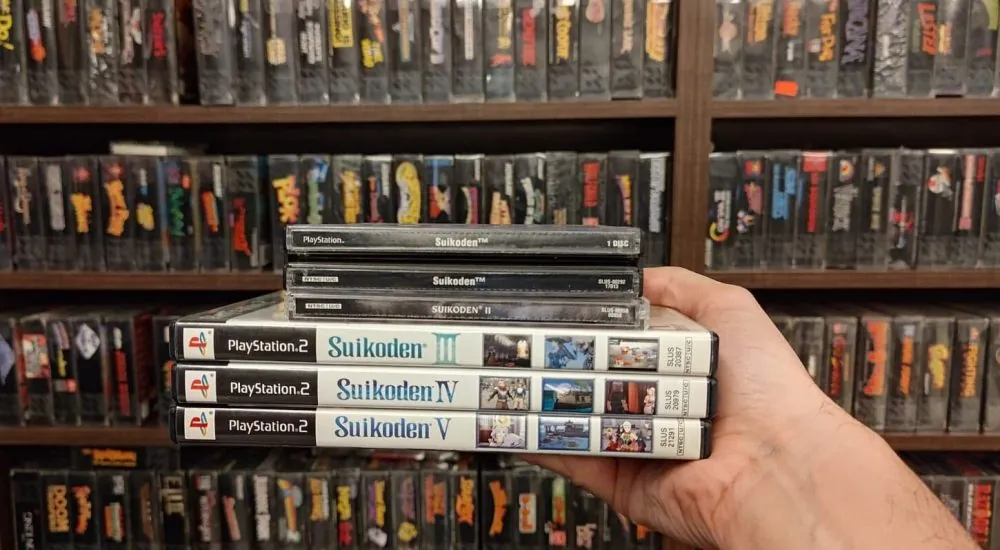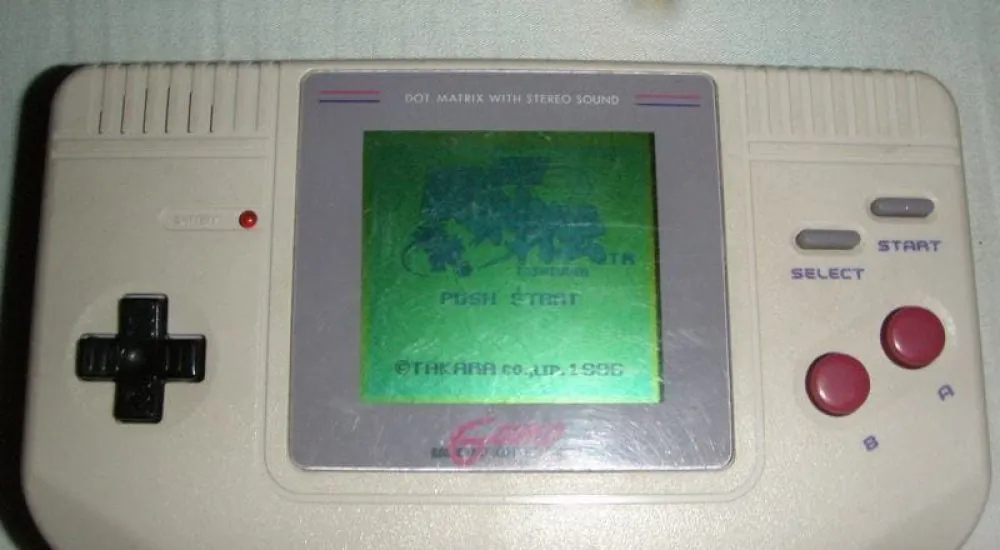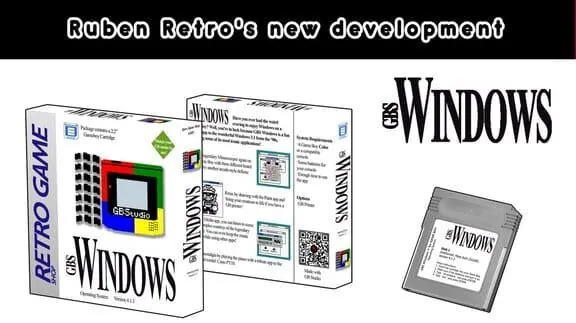A fanmade native PC port of Star Fox 64, titled “Starship”, is currently in development and promises to deliver a modernized experience of the Nintendo 64 classic. This project, led by developers Sonic Dreamcaster and Samplywx under the Harbour Masters 64 community, follows the same approach used for the acclaimed Ocarina of Time PC port, Ship of Harkinian. Unlike emulation, which relies on running games via a simulated console environment, this native port has been built from a decompiled version of the original game, allowing for significant enhancements and optimizations.
The Starship port introduces several exciting features, including support for higher resolutions (up to 4K), widescreen displays, and high framerates (60 FPS and beyond). It also includes options to disable Level of Detail (LOD) scaling, ensuring models retain their full detail regardless of distance, as well as full controller mapping and various debug tools. These improvements aim to provide a smoother, more visually polished experience while maintaining the core gameplay that made Star Fox 64 a classic. Additionally, the port opens up opportunities for modding, potentially allowing fans to create new textures, models, or even entirely new content.
The project is still in development but has reached a beta stage. A recent showcase by speedrunner Rakanai revealed two hours of gameplay footage, highlighting the port’s crisp visuals and enhanced performance. However, some areas still need work—such as multiplayer functionality and graphical issues in certain levels like Titania. The team is actively addressing these issues ahead of an anticipated December release.
As with other native ports of this kind, players will need to provide their own legally obtained ROM of Star Fox 64 to use the port. This requirement ensures the project remains within legal bounds while delivering a superior alternative to traditional emulation. For fans of Star Fox 64, this PC port represents an exciting way to revisit the game with modern enhancements that honor its legacy while taking full advantage of current hardware capabilities.










